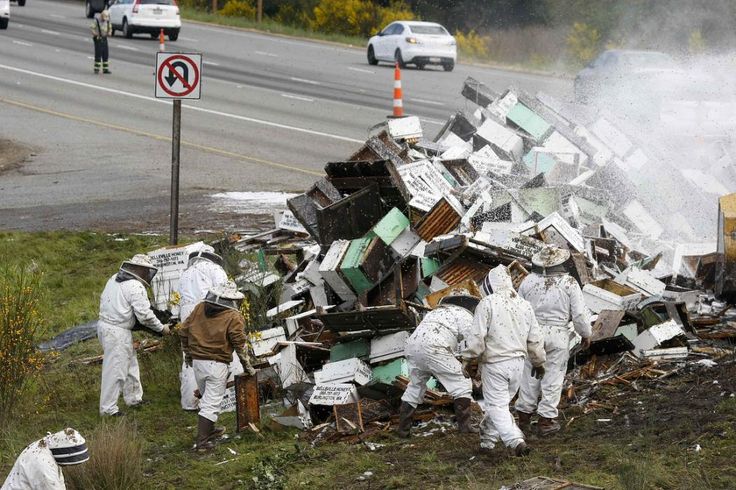Canadian experts warn that a rapidly spreading strain of mpox, currently affecting several African countries, may soon reach Canada, where this strain has yet to be detected.
Dr. Fahad Razak, an internal medicine specialist and epidemiologist at St. Michael’s Hospital in Toronto, pointed out that the recent detection of clade I mpox in Sweden in a traveler from an affected African nation signals a potential for broader spread. The Public Health Agency of Sweden confirmed on Thursday that this is the first case of clade I mpox identified outside Africa.
“It was only a matter of time,” Razak stated, emphasizing that Canada, as a major global travel hub, should anticipate cases. The World Health Organization’s recent declaration of mpox as a public health emergency of international concern reflects the surge of clade I in the Congo and its spread to nearby countries like Burundi, Kenya, Rwanda, and Uganda, which had not previously reported any mpox cases.
Razak noted that clade I mpox appears more transmissible and severe than clade II, the variant responsible for the 2022 epidemic in Canada. Disturbingly, many clade I cases involve children.
Despite the potential threat, Razak highlighted that mpox might not spread as easily as COVID-19, making it more manageable for Canadian health agencies. “It is still a disease that largely spreads through direct contact rather than airborne transmission, which means control measures can be highly effective,” he said. Additionally, there is a vaccine available for mpox.
Dr. Allison McGeer, an infectious diseases specialist at Mount Sinai Hospital in Toronto, emphasized the need for more information on clade I’s epidemiology to understand its potential impact on Canada. She noted that during the West African Ebola outbreak a decade ago, Canada did not report any cases, suggesting that if clade I mpox remains confined to rural areas with limited travel, Canada might see few, if any, cases. However, if the strain has become more transmissible, travel-related cases could emerge.
The Public Health Agency of Canada (PHAC) acknowledged reports of the clade I case in Sweden and confirmed that no such cases have been detected in Canada. PHAC is working with Global Affairs Canada and other partners to update risk assessments, public health guidance, and travel advice related to mpox.
PHAC is also collaborating with provinces, territories, and the World Health Organization to monitor mpox in Canada and remain vigilant for clade I’s emergence. Canada has been testing for both clade I and clade II mpox and conducting wastewater surveillance since July 2022. Additionally, PHAC is monitoring a rise in clade II mpox cases in Toronto and urges eligible individuals to get vaccinated.
According to Toronto Public Health, clade II mpox primarily spreads through close or intimate contact with an infected person or contact with contaminated surfaces. Men who have sex with men, sex workers, and certain household contacts may be eligible for vaccination. Post-exposure vaccination is also available for those who have been in close contact with an infected person, ideally within four days of exposure.



